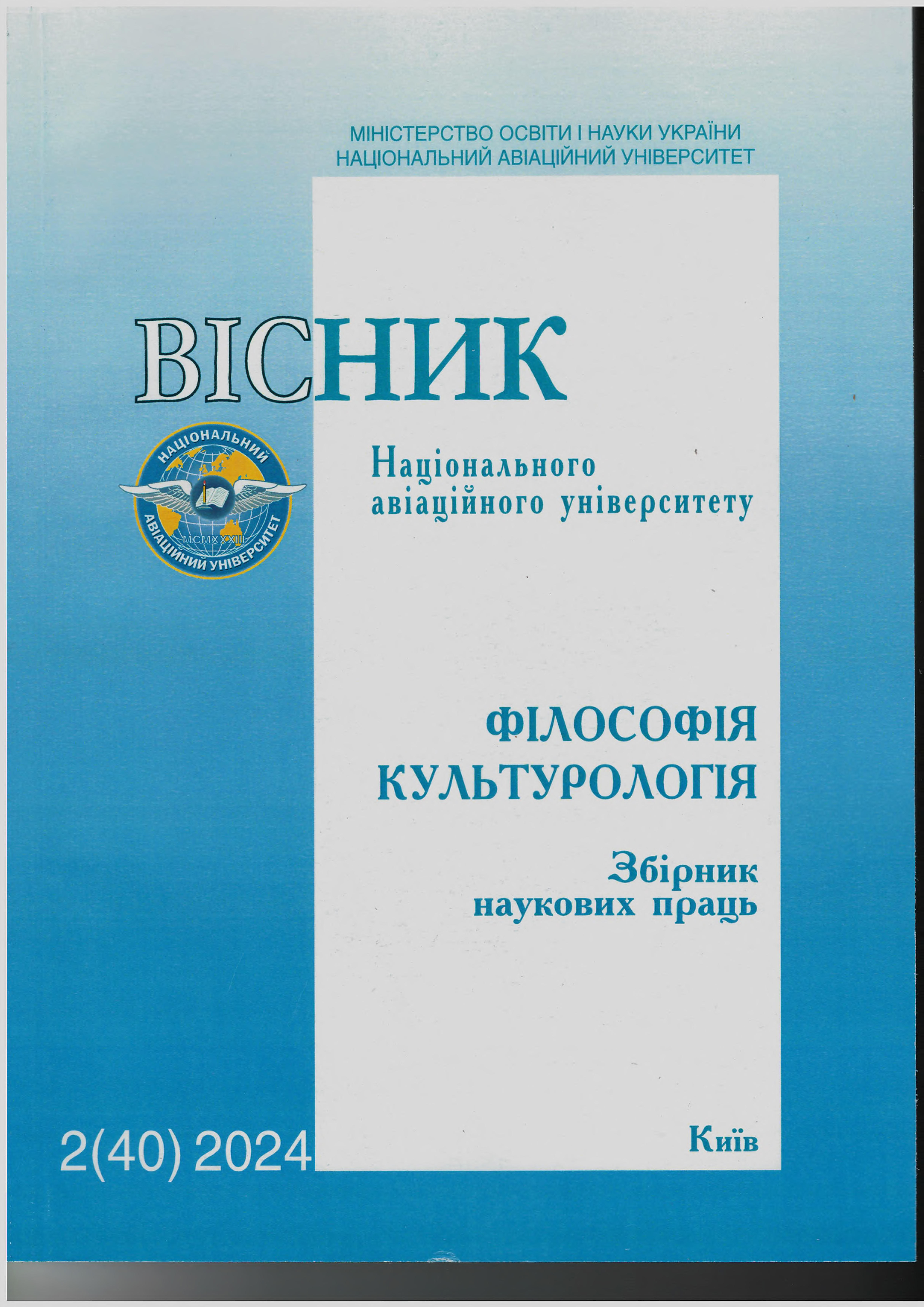EARCH FOR THE LAWS OF SOCIETY AND DETERMINANTS OF DEVELOPMENT
DOI:
https://doi.org/10.18372/2412-2157.40.19293Keywords:
laws of society, neo-Malthusian theory of economic and demographic cycles, concept of diffusion waves, law of information influence, neodeterminism, nonlinear development of society, immanetizationAbstract
The article explores the debate on societal laws and development determinants in European philosophy, sociology, and economics, spanning from the mid-19th century to early 21st-century theories. Through analyzing neo-Malthusian theory of economic and demographic cycles, the concept of diffusion waves generated by technological discoveries, the law of information impact, the principles of neodeterminism and nonlinear development, the nature of the historical process is comprehended. The aim of the study is to clarify the meaning and prospects of the path that civilization within the concept of nonlinear development and to analyze the outcomes of social and cultural transformations in modern society and their impact on people's lives. Research methods of the study are sociocultural and systemic approaches, methods of categorical and logical-analytical analysis, as well as the principles of historicism, synergetics and neo-determinism. Research results. In the late 20th and early 21st centuries, researchers specializing in social structure and cultural anthropology, such as J. Goldstone, W. Hardy McNeil, and J.P. Murdoch, developed the structural-demographic theory of historical cycles and the concept of diffusion waves as laws movements of society. For example, J. Goldstone, a proponent of the neo-Malthusian theory of structural-demographic cycles, argued that demographic crises, particularly overpopulation, are key drivers of social upheaval. Diffusionists posited that fundamental cultural elements emerged only once in specific locations due to technological breakthroughs, with the world market’s formation, leading to uneven economic development. Unlike these universal historical laws, the law of information influence is specific to modern information civilizations, addressing the complex shifts in public consciousness. Discussion. Being a self-organizing, non-equilibrium structure, society is in a state of nonlinear dynamics (M. Mozheiko, O. Kubalsky). But if society is an unstable, unbalanced system where dynamic cause-and-effect relationships coexist with principles of nonlinear dynamics, its nonlinear and probabilistic nature creates conditions where small-scale events can result in significant consequences. Conclusions. Thus, we live in a rapidly changing world where new, previously unpredictable technical and technological discoveries and cultural innovations emerge, alongside threats to peace, economic growth, health, and progress. This underscores the enduring interest in searching for social laws, identifying determinants of development, and uncovering the form and meaning of the historical process
References
Aron R. La philosophie critique de Fhistoire. Paris, 1969. 118 p.
Goldstone J. A. Revolution and rebellion in the early modern world. Berkeley: University of California Press, 1991. 510 s.
Wallerstein I. World Systems Analysis. An Introduction. Durham and London. 2004. Duke University press.
Дротянко Л. Г. Унікальність людського буття у сучасних соціальних комунікаціях. Вісник Національного авіаційного університету. Серія: Філософія. Культурологія. 2024. № 1 (39). С. 5–10. DOI: https://doi.org/10.18372/2412-2157.18426
Кубальський О. Уточнення значущості принципу детермінізму у сучасній науковій теорії. Вісник Харьківського національного університету імені В. Н. Каразіна. Серія: Філософія. Філософські перипетії. Збірник наукових праць. Вип. 66. Харьків: ХНУ, 2022. С. 59-67. DOI: https:/doi.org./10. 26565/2226–0994–2022–66-7.
Поппер К. Злиденність историцизму. К.: «Абрис», 1994. 192 с.
Халапсис А. В. Концепт исторического закона в контексте трансформации идеи истории. Філософія, культура, життя. Вип. 20. Дніпропетровськ: Дніпропетровська державна фінансова академія, 2003.


